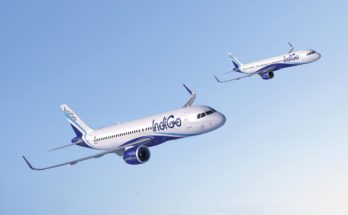
The first launch of an Ariane 6 rocket will likely be delayed to 2021 due to the COVID-19 pandemic, SpaceNews reported.
Arianespace announced in March 2020 that operations had been suspended at the Guiana Space Center because of the pandemic. Operations have slowly resumed since then, but the pause in Guiana has affected testing and construction of the Ariane 6 launch pad.
Also known as the Next-Generation Launcher (NGL), the Ariane 6 will be a European heavy-lift expendable launch vehicle designed to replace the Ariane 5, and possibly the Soyuz. Soyuz missions have been launched throughout the pandemic; however, these launches are from Baikonur, Kazakhstan, and not Guiana.
The COVID-19 pandemic has had a considerable effect on the space industry. OneWeb filed for bankruptcy, for instance, and Rocket Lab delayed launches. The Ariane 6, if delayed, will not be a significant setback. However, OneWeb was supposed to be the first payload for the rocket. Launching the rocket without a payload is not desirable, so it is likely that a new customer is being sought.
Setbacks in space are a common occurrence that has only increased with the pandemic. Further delays in the space industry are likely as the world navigates through these uncertain times.
Carter Palmer has long held a keen interest in military matters and aviation. As an analyst for Industrial & Marine Turbine Forecast, Carter specializes in examining key gas turbine programs for electrical power generation, mechanical drive, and marine propulsion applications. He is also responsible for updating the reports and analyses within the Space Systems Forecast – Launch Vehicles & Manned Platforms and Space Systems Forecast – Satellites & Spacecraft products.




